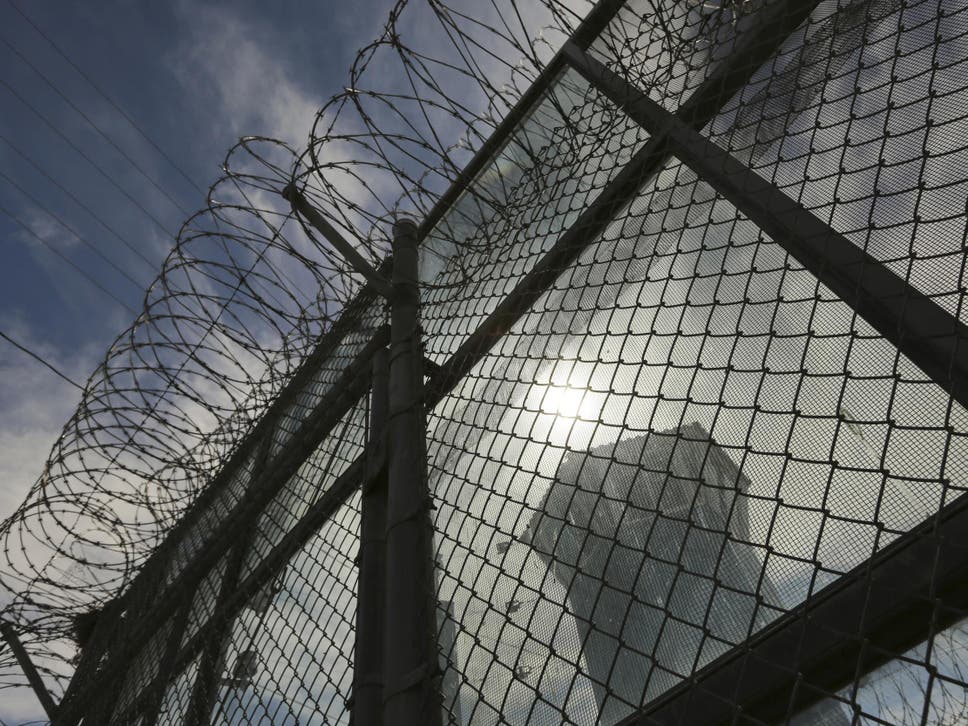
California is to become the first US state to scrap the cash bail system for suspects awaiting criminal trial, in reforms drafted “so that the rich and poor alike are treated fairly”.
The new law will mean defendants will only be released after being arrested if they are deemed likely to appear for court hearings and pose little danger to the public.
Judges would be able to block the release of people accused of certain crimes, including felony acts of violence, domestic abuse, sexual assault, and threatening behaviour.
“Today, California reforms its bail system so that rich and poor alike are treated fairly,” said the state’s Democrat governor Jerry Brown, who signed the changes into law on Tuesday.
Human rights groups have long called for an overhaul of the bail system, which has its roots in medieval England, but some campaigners opposed California’s reform bill.
“It cannot guarantee a substantial reduction in the number of Californians detained while awaiting trial, nor does it sufficiently address racial bias in pre-trial decision making,” leaders of three American Civil Liberties Union chapters in California said in a joint statement.
They said the bill created “significant new risks and problems” and “seeks to replace the current deeply-flawed system with an overly broad presumption of preventative detention”.
Under the reforms, which will come into force in October 2019, courts in California will be allowed to set their own standards for the release of defendants considered a medium risk to the public or likelihood of missing a court date.
California’s chief justice Tani Cantil-Sakauye supported the reforms.
“This is a transformative day for our justice system,” she said. “Our old system of money bail was outdated, unsafe, and unfair.”
Under the current state court system, suspects are released from custody if they can arrange payment of a cash bond, which a court can hold until a case is concluded.
Judges may determine a defendant is ineligible for bail, such as in some murder cases where public safety might be at risk.
Federal courts in the US rarely require defendants to post cash bail. Instead, judges can set conditions for release, such as supervision and travel restrictions.







